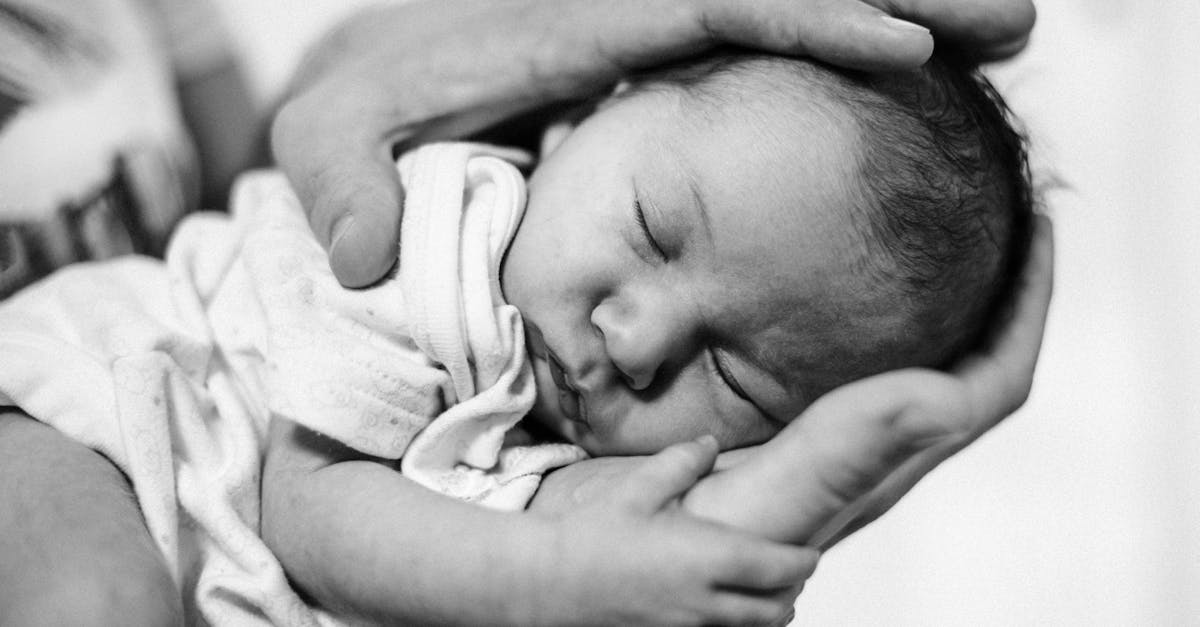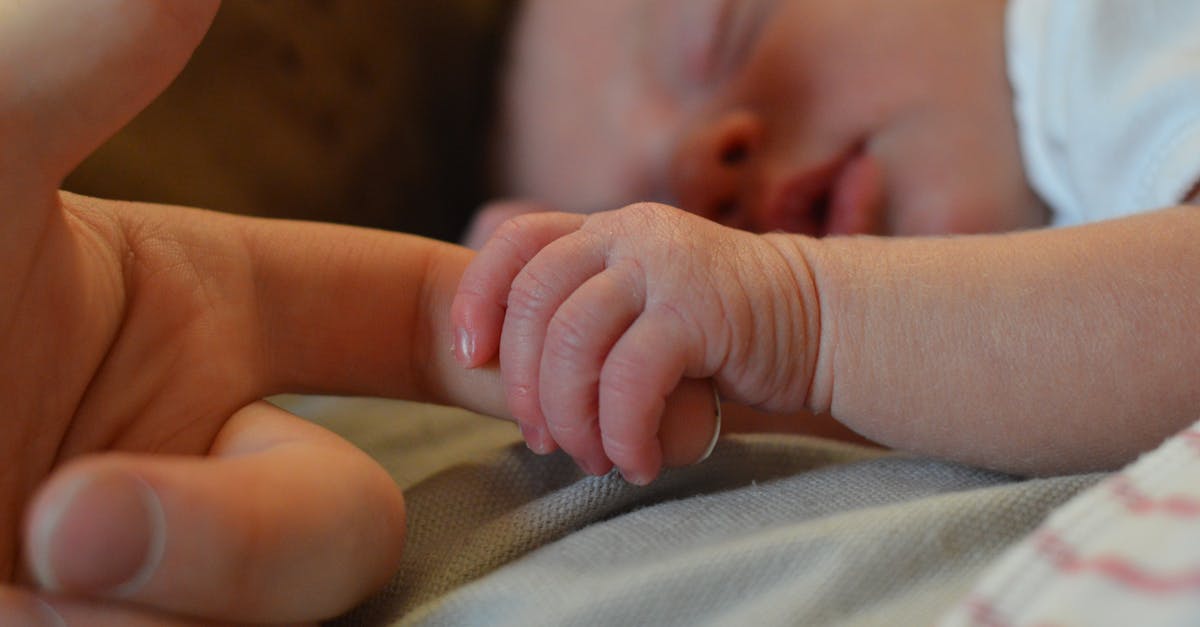Why Start Early? The Wonder of Words!
Isn’t it incredible that your baby’s gurgles and coos could be the start of a great conversation? Studies suggest early exposure to language through reading can significantly impact a child’s communication skills. So, why wait? Let’s dive into the world of words together, transforming each babble into a step towards language mastery. Remember, it’s not just about reading; it’s about building connections that last a lifetime.

The Baby-Led Language Adventure: Choosing the Right Books
Not all heroes wear capes, and not all books are created equal, especially when it comes to newborns. The key is simplicity and sensory enhancement. Think high-contrast images, tactile pages, and rhythmic, repetitive texts that are music to little ears. These elements not only captivate but also cater to your baby’s developing sight and hearing, making every page turn an adventure in sensory exploration.

5 Must-Have Books for Your Baby’s Bookshelf
1. ‘Black on White’ by Tana Hoban – A visual feast for newborn eyes.
2. ‘Peek-A Who?’ by Nina Laden – Perfect for a playful game of peek-a-boo.
3. ‘Goodnight Moon’ by Margaret Wise Brown – A soothing bedtime favorite.
4. ‘Dear Zoo’ by Rod Campbell – Lift-the-flap fun for curious minds.
5. ‘Each Peach Pear Plum’ by Allan Ahlberg – A delightful introduction to rhyming and early storytelling.
These picks promise to spark joy and curiosity, laying the foundation for a lifelong love of reading.

Creating a Ritual: Reading Time Routines
Like diaper changes and nap times, embedding reading into your daily routine can create comforting predictability for your baby. Whether it’s a snuggle-up bedtime story or a morning giggle session with a silly book, consistency is key. These moments become more than just reading; they’re about bonding, creating cherished memories, and setting the stage for your baby’s bright future.

Consider making reading a daily ritual starting from a young age. Here are some ideas to help you make the most out of reading time:
- Choose a variety of books: Include different types of books in your reading time, from stories with colorful illustrations to touch-and-feel books.
- Create a cozy reading nook: Designate a special spot in your home where you and your baby can snuggle up with a book.
- Read with expression: Use different voices and facial expressions to make the story more engaging for your little one.
- Make it interactive: Encourage your baby to turn the pages, point to objects in the book, or make sounds that match the story.
By incorporating reading into your daily routine, you are not only providing your baby with valuable cognitive stimulation but also establishing a lifelong love for reading. Watching your baby grow and develop a passion for books will be one of the most rewarding experiences of parenthood.
Beyond the Pages: Enhancing Interaction Through Reading
Books are just the beginning. The real magic happens when you bring the stories to life. Use funny voices, point out pictures, ask questions (even if you’re answering them yourself), and encourage baby’s babbles in response. This interaction not only strengthens your bond but also enhances your baby’s cognitive development, making each book a treasure trove of learning opportunities.
Let’s Talk: Engaging With Your Baby Post-Storytime
After closing the book, keep the conversation going. Talk about the pictures, mimic the animals, or sing a song related to the story. These discussions (or monologues, let’s be honest) lay the groundwork for future communication skills and show your baby the power and fun of language. Your engagement teaches more than just words; it sparks imagination, emotion, and connection.

Engaging with your baby after storytime is not only about the words you say but also about the bond you create through these interactions. It’s these moments of connection that shape your baby’s early experiences and lays the foundation for their social and emotional development.
